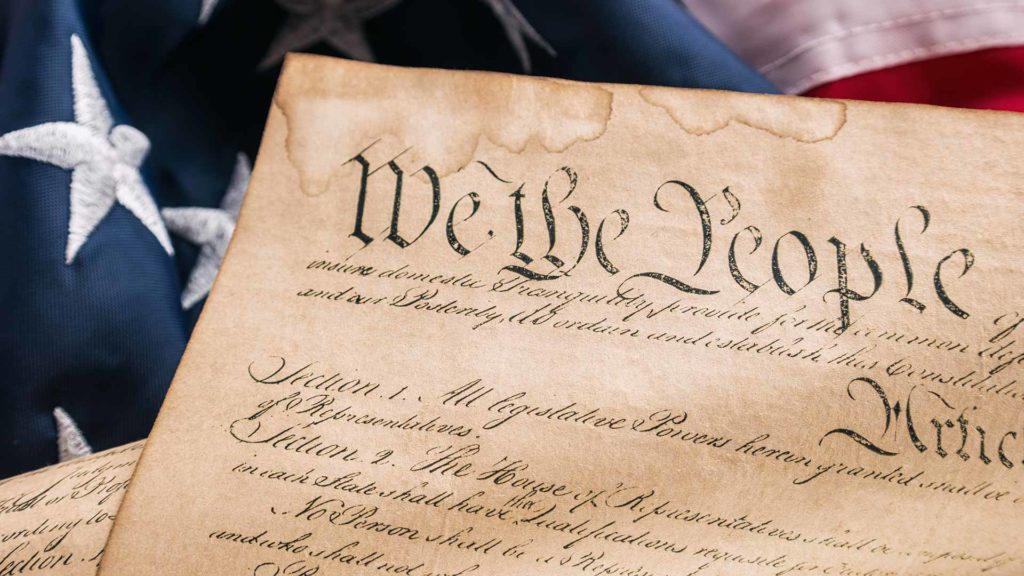The landmark case of Shelley v. Kraemer was argued exactly seventy-two years ago as of the date of the writing of this article.
It is a case taught in virtually all law school curriculums and involved a restrictive covenant which was meant to keep African Americans and Asian-Americans out of a particular neighborhood. The Supreme Court of the time ruled that while such covenants do not violate the Equal Protection Clause of the Fourteenth Amendment in and of themselves, their enforcement by the judicial system does, rendering them unenforceable. For the time period in which it was authored this was a progressive decision to be sure; notwithstanding, to this day it is possible to stumble upon racially discriminatory covenants on your County Clerk’s website. Although unenforceable, such covenants serve as a monument to the times in which such discriminatory practices were the norm.
To address the presence of such discriminatory covenants, the Florida legislature has proposed House Bill 623 for the upcoming 2020 legislative session. Part of House Bill 623 restates that any provision in a community association’s declaration, bylaws, or rules that violates any right under the Fourteenth Amendment of the U.S. Constitution or article I, section 2 of the Florida Constitution is void and unenforceable, and no action is required by an association to remove or amend such provisions because they cannot be enforced. Further, the Bill allows community associations to take the extra step of recording a notice in the public records to indicate its disavowal of such covenants.
The goal may be noble, but the Bill leaves the author wondering if it is not too broad as to invite further governmental regulation of a community’s covenants. The Equal Protection Clause pertains to actions of the State, rather than those of private parties. Shelley v. Kraemer told us that the Fourteenth Amendment does not apply to covenants between private parties, although it does become implicated once court (government) action is required to enforce them. By applying the Fourteenth Amendment so directly to a community’s covenants, House Bill 623 seemingly extends the jurisdiction of the State to regulate the contents of the Declaration of Covenants based on Constitutional grounds.
At this point, the author would like to point the reader’s attention to another portion of the United States Constitution; namely the Obligation of Contracts Clause found in Article I. The purpose of this Contracts Clause is to prohibit states from interfering with private contracts, such as those between owners and their community associations founded on the Declaration of Covenants. This potential Constitutional conflict leaves the author hoping that House Bill 623 does not make it past the bill stage of its lifecycle, and that the legislature finds a better way of perceivably righting past wrongs.
